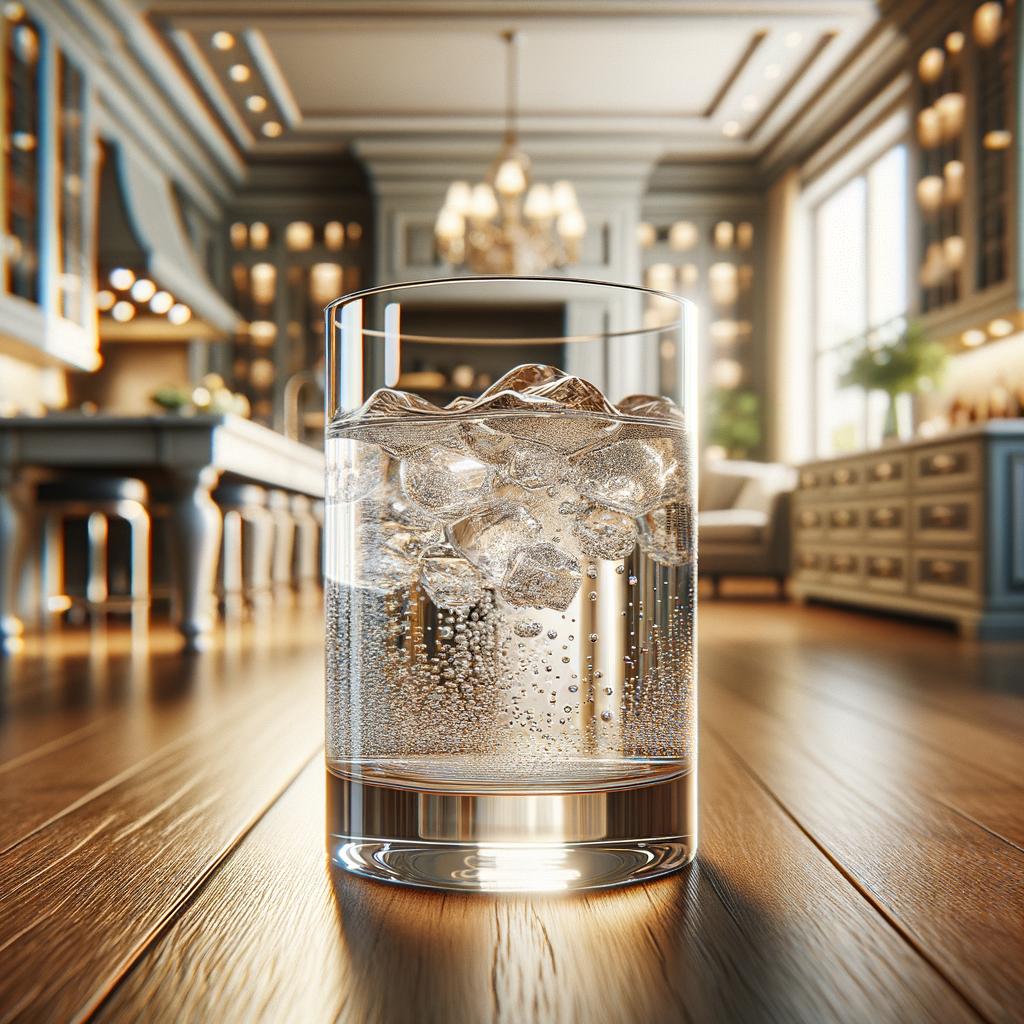Tonic Water

Tonic Water
Description
Tonic water, a bubbly and invigorating beverage, has a story as rich as its flavor. It's a clear liquid with a slightly effervescent quality, similar to soda water but with a distinct taste. The flavor profile is bitter, owing to the presence of quinine, yet it's also slightly sweet, making it a unique and intriguing ingredient. Tonic water's unique characteristic lies in its glow - yes, you read that right! Under UV light, tonic water glows a soft, magical blue due to the quinine's reaction to the light, setting it apart from any other similar ingredients.
Primary Uses
Tonic water is a popular mixer for alcoholic beverages, most famously in the classic gin and tonic cocktail. Its bitter flavor complements the botanicals in gin, creating a balanced and refreshing drink. However, its use extends beyond the bar. In the culinary world, tonic water is used in sorbets, granitas, and even in some baked goods, where its bitterness can offset overly sweet flavors. Beyond its culinary uses, tonic water has been historically used for medicinal purposes, particularly as a prophylactic against malaria due to the presence of quinine.
History
The history of tonic water takes us back to the 19th century British colonial India. British officers, while trying to ward off malaria, started consuming quinine, a treatment for the disease. However, the quinine was intensely bitter, so they began mixing it with soda water and sugar, creating the first tonic water. This medicinal drink soon became a cocktail staple when they added gin to the mix. Over time, the amount of quinine has significantly reduced due to safety reasons, but the characteristic bitterness remains. There's a romantic notion to sipping on a beverage that was once a lifesaver in the tropical climes of the British Empire.
Nutritional Information
Tonic water, in moderation, can be a part of a healthy diet. It's low in calories, with a typical serving containing about 10 calories. However, it's worth noting that some tonic waters can contain added sugars, so for those watching their sugar intake, a diet or slimline version might be more suitable. The key ingredient, quinine, is rich in medicinal properties and has been used to treat leg cramps and malaria. However, it's important to consume quinine in moderation as excessive amounts can lead to health issues. Comparatively, tonic water contains fewer calories and less sugar than other soft drinks, making it a healthier choice for those looking to enjoy a refreshing beverage or cocktail mixer.

